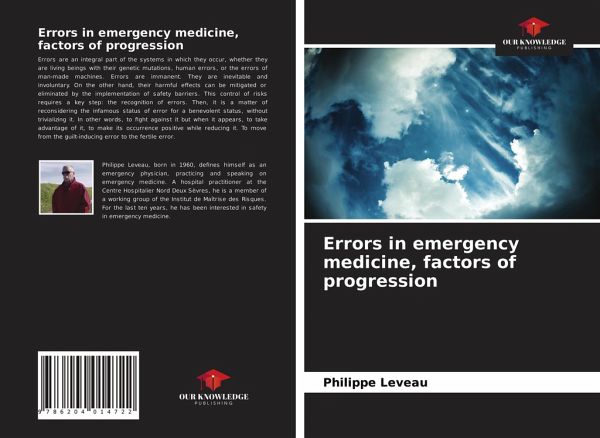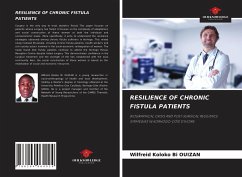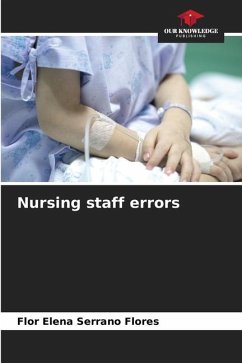
Errors in emergency medicine, factors of progression
Versandkostenfrei!
Versandfertig in 6-10 Tagen
27,99 €
inkl. MwSt.

PAYBACK Punkte
14 °P sammeln!
Errors are an integral part of the systems in which they occur, whether they are living beings with their genetic mutations, human errors, or the errors of man-made machines. Errors are immanent. They are inevitable and involuntary. On the other hand, their harmful effects can be mitigated or eliminated by the implementation of safety barriers. This control of risks requires a key step: the recognition of errors. Then, it is a matter of reconsidering the infamous status of error for a benevolent status, without trivializing it. In other words, to fight against it but when it appears, to take a...
Errors are an integral part of the systems in which they occur, whether they are living beings with their genetic mutations, human errors, or the errors of man-made machines. Errors are immanent. They are inevitable and involuntary. On the other hand, their harmful effects can be mitigated or eliminated by the implementation of safety barriers. This control of risks requires a key step: the recognition of errors. Then, it is a matter of reconsidering the infamous status of error for a benevolent status, without trivializing it. In other words, to fight against it but when it appears, to take advantage of it, to make its occurrence positive while reducing it. To move from the guilt-inducing error to the fertile error.












